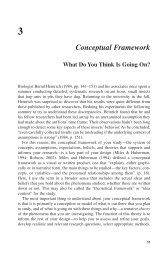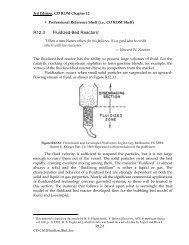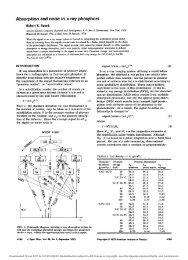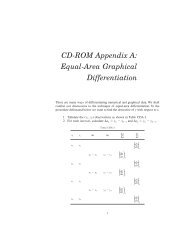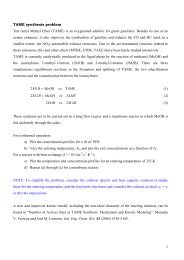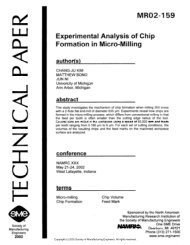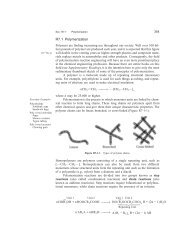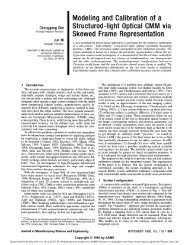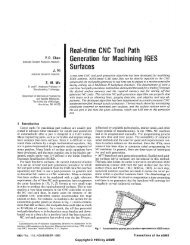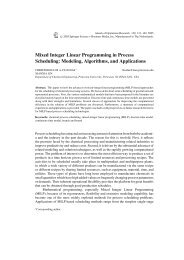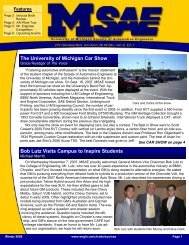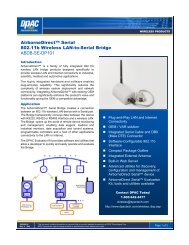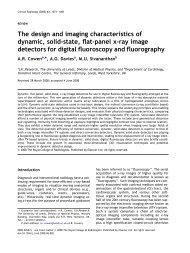Qualitative Research Basics: A Guide for Engineering Educators
Qualitative Research Basics: A Guide for Engineering Educators
Qualitative Research Basics: A Guide for Engineering Educators
Create successful ePaper yourself
Turn your PDF publications into a flip-book with our unique Google optimized e-Paper software.
Introduction<br />
It is our intention in this manual to provide an overview of the use of qualitative<br />
research methods in the engineering education context. Our assumption is that<br />
users of this guide will be fairly new to qualitative approaches—and perhaps new<br />
to educational research in general. We have tried, there<strong>for</strong>e, to avoid extensive<br />
citations and detail, focusing rather on a general synthesis of the main issues<br />
and approaches.<br />
Because qualitative research rests on a different set of philosophical<br />
assumptions about the nature of truth and limitations of research than traditional<br />
research, the opening chapter begins with an explanation of these fundamental<br />
differences. Throughout the following chapters, the ways in which these<br />
assumptions play out in researcher choices are documented.<br />
The chapters cover the essential in<strong>for</strong>mation needed to conduct or evaluate a<br />
qualitative study. They describe the design of qualitative studies, basic data<br />
collection strategies, analysis techniques, trustworthiness considerations, and<br />
writing up the study. Resources <strong>for</strong> additional in<strong>for</strong>mation are listed in the final<br />
chapter.<br />
The power of qualitative research lies in its ability to adapt to natural settings<br />
such as the classroom or laboratory; enable exploration of motivations,<br />
reasoning, decision making, and other inner thoughts of participants such as<br />
students and teachers; and permit description of the interaction of context and<br />
actors in specific settings. For many research questions in engineering<br />
education, it is the ideal research approach. It is relatively new in some<br />
disciplines, however, and often regarded with suspicion. We hope that this guide<br />
will help many researchers to see the utility of the approach, use it well, and<br />
enrich the field with new understandings and in<strong>for</strong>med practice.<br />
Nancy Van Note Chism<br />
Elliot Douglas<br />
Wayne J. Hilson, Jr.<br />
i




